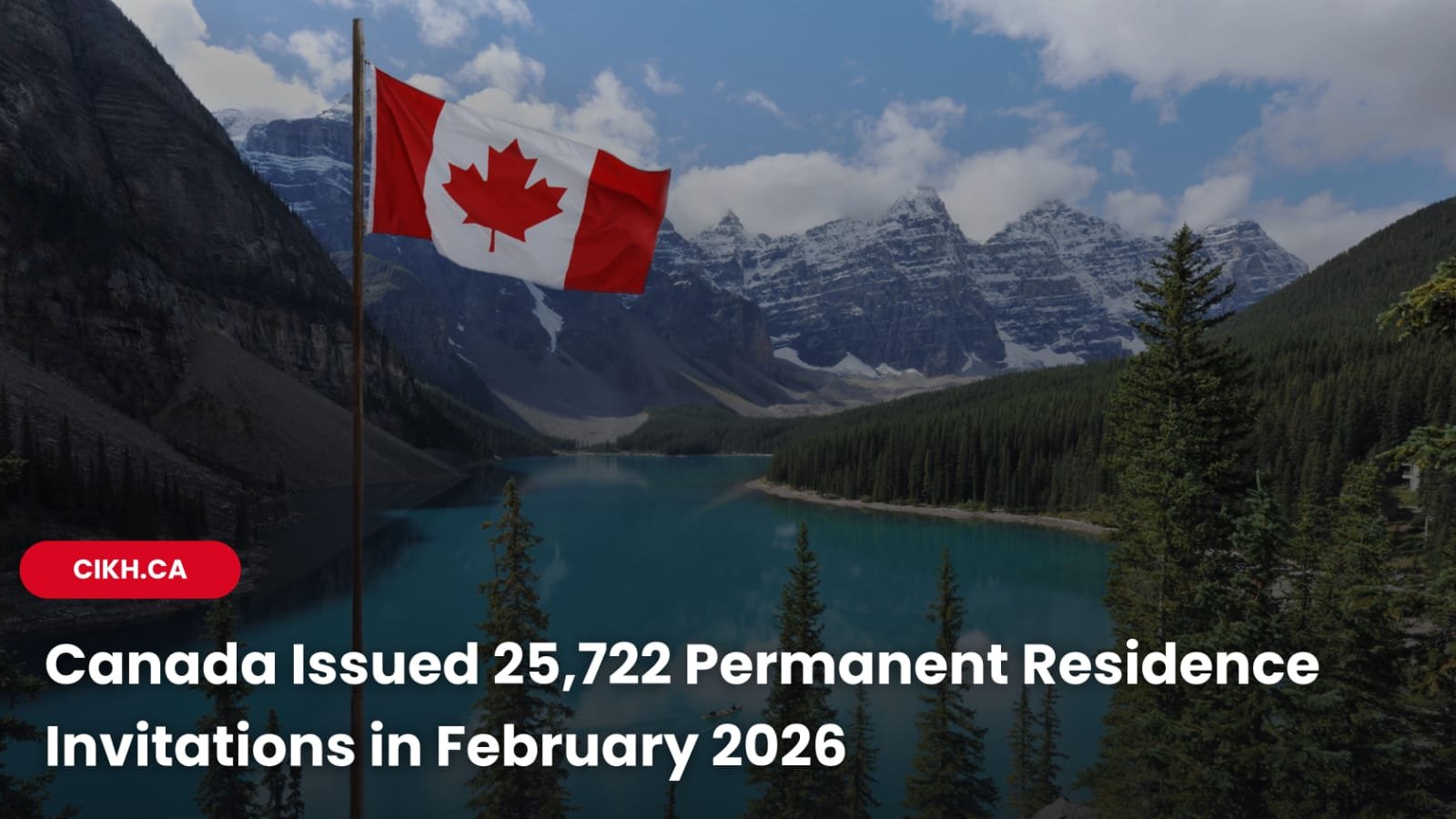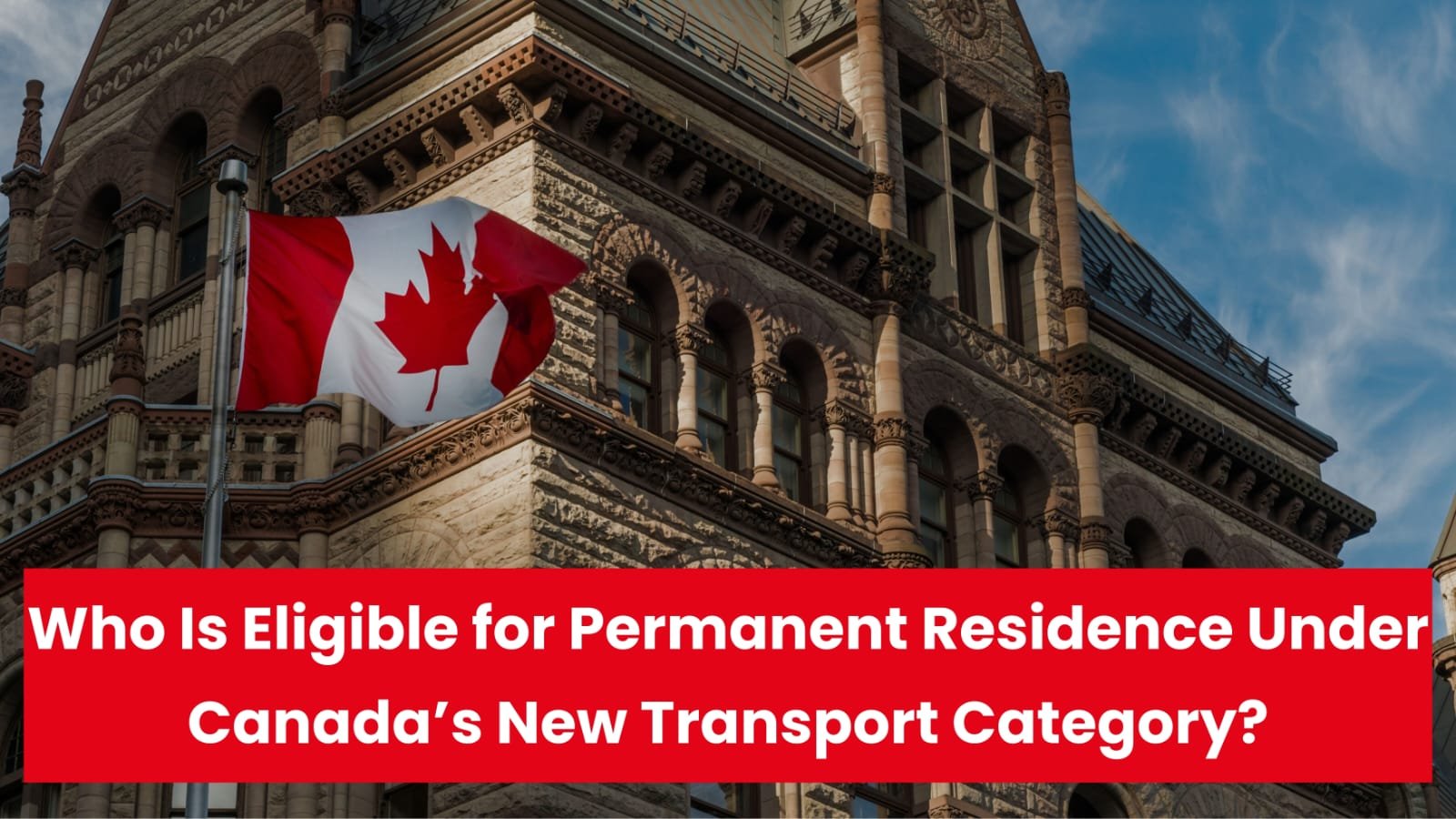Canada is preparing to reshape its International Mobility Program (IMP) with a significant policy shift: requiring open work permit applicants to demonstrate proficiency in English or French. Immigration, Refugees and Citizenship Canada (IRCC) has proposed this bold move, which will bring far-reaching changes, especially for applicants under the Spousal Open Work Permit (SOWP) stream.
Book Your Consultation for Canadian Immigration
By introducing mandatory language testing for specific IMP streams, the IRCC aims to:
- Strengthen workforce integration
- Reduce exploitation (such as fraudulent marriages)
- Ensure Canada’s labour market benefits from communicative, skilled talent
This guide breaks down the rationale behind the policy, the programs affected, what’s changing, and how to prepare for this important shift.
What Is the International Mobility Program (IMP)?
The IMP allows Canadian employers to hire temporary foreign workers without requiring a Labour Market Impact Assessment (LMIA), making it a fast and flexible solution for addressing labour shortages and attracting global talent.
Key IMP Streams:
- International Experience Canada (IEC): Likely to remain exempt due to reciprocal youth mobility agreements.
- Spousal Open Work Permits (SOWP): Currently exempt, but likely to be included under the new testing requirements.
- Post-Graduation Work Permit (PGWP): Supports international graduates entering the workforce; not expected to be affected.
- Bridging Open Work Permit (BOWP): Unlikely to require testing, as these applicants typically meet PR language criteria.
- Intra-Company Transferees & Significant Benefit Categories: Expected to remain exempt due to specialized roles or cultural contributions.
- Free Trade Agreement Professionals: Exempt due to obligations under treaties like CUSMA and CETA.
- Charitable or Religious Workers: Likely exempt based on the nature of their roles.
A major benefit of the IMP is the issuance of open work permits, which allow holders to work for any employer in any location across Canada. In 2024 alone, over 100,000 such permits were issued—demonstrating the program’s economic importance.
What’s Changing?
IRCC is proposing changes to the Immigration and Refugee Protection Regulations that would require language proficiency testing for select open work permit applicants under the IMP.
Key Points:
- Who’s affected? Not all streams, primarily Spousal Open Work Permits (SOWP) are expected to be included.
- What’s required? Valid language test results from approved organizations:
- English: IELTS or CELPIP
- French: TEF Canada or TCF Canada
- Skills tested: Reading, writing, listening, and speaking
- Benchmarks: Results will align with Canadian Language Benchmarks (CLB) or Niveaux de compétence linguistique canadiens (NCLC)
- CLB 5 for general positions
- CLB 7 for skilled roles (exact levels TBD)
- Test validity: Less than 2 years old at the time of submission
Currently, only the Francophone Mobility Program under IMP requires language proof (NCLC 7). This new regulation would expand language testing to additional streams, most notably SOWPs.
Why This Change Matters
This policy shift signals IRCC’s commitment to a fair, effective, and integrity-driven immigration system.
Key Benefits:
- Prevents Exploitation: Language testing deters fraudulent relationships (e.g., contract marriages) by setting a tangible eligibility standard.
- Boosts Workforce Integration: Proficiency in official languages helps workers adapt, collaborate, and succeed across industries.
- Supports Economic Goals: Skilled, communicative workers are in high demand—especially in sectors like healthcare, tech, and trades.
- Eases PR Pathways: Language skills align with Express Entry criteria, helping temporary residents transition to permanent status.
- Promotes Transparency: Standardized testing removes subjectivity from evaluations.
The IRCC’s own 2014–2022 evaluation of the IMP highlighted language barriers as a major challenge. This new requirement addresses that issue while aligning with Canada’s 2025–2027 Immigration Levels Plan, which aims to reduce temporary resident volumes while prioritizing high-impact immigration.
Who Will Be Affected?
Applicants:
- SOWP holders will likely face testing, helping ensure they can fully participate in Canada’s workforce.
- Language ability opens doors to skilled jobs and promotes family stability.
- Those with limited skills can access programs like Language Instruction for Newcomers to Canada (LINC) to prepare.
Families:
- The policy enhances family reunification by helping spouses become financially independent and integrated.
- Reduces vulnerabilities by discouraging exploitation via sham marriages.
Employers:
- Benefit from hiring workers who are ready to communicate and adapt, reducing onboarding time and training costs.
- May need to adjust recruitment practices as the pool narrows to those who meet language thresholds.
Canadians:
- Improves public confidence in immigration.
- Supports community safety and cohesion by ensuring newcomers can engage meaningfully.
Challenges to Watch For
- Accessibility: Testing remains in-person only—limiting access for those in remote or unstable regions.
- Preparation Time: Reaching CLB 5–7 may take months, delaying applications.
- Fairness Concerns: Spouses prioritizing family or caregiving roles may find this requirement burdensome.
- Uncertainty: IRCC has not yet finalized which streams will be impacted or what exemptions will apply.
When Will the Change Take Effect?
- Pre-publication of the proposed regulation in the Canada Gazette, Part I is expected in spring/summer 2025.
- A 30-day public consultation period will follow.
- Final publication in Canada Gazette, Part II is anticipated in 2026 or 2027, when the policy will take effect.
IRCC has already begun consultations with provinces and territories and plans further discussions with employers, consultants, and stakeholders in 2025. Details on test score thresholds, accommodations (e.g., for disabilities), and exemptions will be clarified before implementation.
How to Prepare Now
- Start Learning: Enroll in English or French language courses now (LINC, online programs, community colleges).
- Take Practice Exams: Familiarize yourself with IELTS, CELPIP, TEF, or TCF formats.
- Find Testing Centres: Use official websites like ielts.org or celpip.ca to locate nearby centres.
- Check Your Stream: If you’re applying under SOWP, expect to need a test.
- Seek Guidance: Consult a Regulated Canadian Immigration Consultant (RCIC) for personalized advice.
- Stay Informed: Follow IRCC and trusted immigration resources for policy updates.
Final Thoughts
Canada’s upcoming language requirement for open work permit applicants under the IMP, particularly for SOWPs is a forward-thinking policy poised to enhance integrity, integration, and economic contribution.
While not all streams will be affected, those under SOWP should start preparing now. This change offers a valuable opportunity to build language skills, strengthen family stability, and open new career paths in Canada.
Share this guide to help others prepare.
Join the conversation on social media (like “X”) to voice your thoughts and stay updated.
Frequently Asked Questions
When will the language testing requirement begin?
The requirement is expected to take effect in 2026 or 2027, following consultation and final publication.
Will all IMP streams be affected?
Not all. IRCC will likely include Spousal Open Work Permits, while it may exempt streams such as BOWP and Intra-Company Transfers.
Why is this policy being introduced?
To ensure effective workforce integration, prevent immigration fraud, and strengthen the economic impact of temporary workers.





